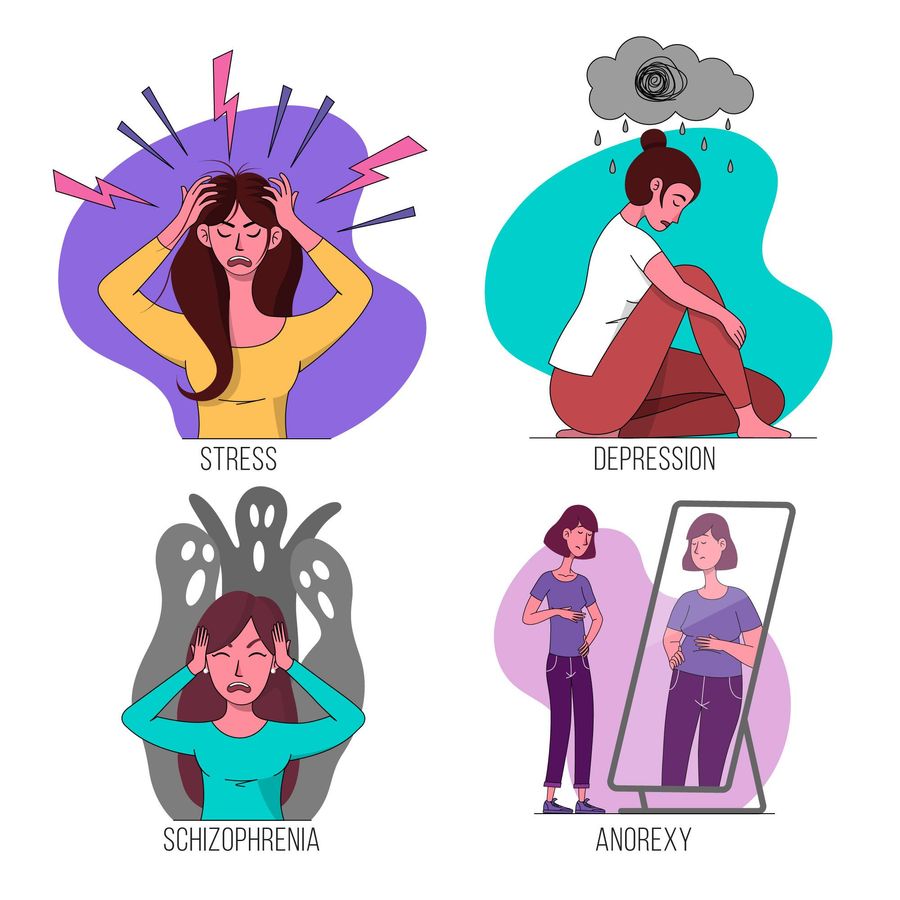How to overcome fear and anxiety?
This morning my neighbor and I watched in fear and horror as a panicking dog bolted in-and-out of traffic along Fountain Avenue in Hollywood. Although his collar and tags jangled visibly as he darted, this anxious and panicking animal was clearly lost and full of fear.
I always feel so powerless in these circumstances because calling out or running after a spooked dog only induces more panic – making rescue almost impossible. How dreadfully ironic that this animal’s fear – even of those trying to assist him – was putting him at greater peril: Despite our attempts to wrangle the dog from harm’s way, he continued running – leaving safety behind.
Fear Touches Us All
Fear’s dramatic consequences are not only felt by wandering dogs: The heart-pounding fight-or-flight adrenaline release – which is also part of our biological predisposition – can unleash behaviors that leave us lost and alone.
Our own Emotionally-driven thinking can easily get the best of us, sending us down the dangerous roads of Anxiety and Depression. Snap decision-making and uninformed choices become commonplace, creating a toppling domino-style cycle of consequences that trigger unhealthy coping strategies like Avoidance, Procrastination, and even Substance Abuse.
Before you Panic: Catch your Breath and Reassess
Stress reduction is the number one reason people seek out psychological services. But a successful counseling outcome most often depends on a client’s ability to trust the therapist to guide them through this process. Just as an agitated animal is more likely to interpret even help as a threat, clients who cannot successfully address their stress-response cycle similarly find themselves on the fast track to downfall despite the therapist’s skilled attempts.
Much like cornering, and then collaring a fearful, running dog, the therapist’s initial challenge often involves slowing a client’s emotional pace, so that they can catch their breath and reassess their situation from a more rational perspective.
A seasoned therapist will work with clients to strengthen their abilities to decipher fact from fiction during stressful circumstances so that they can stop functioning out of adrenaline-drenched storytelling and start assessing their lives through perceptual, not emotional, observations.
Here are some popular acronyms that are helpful reminders when things aren’t going your way. Reciting them to yourself in times of stress may abate your fears:
When we operate out of FEAR:
We attach to –> False Evidence Appearing Real,
Which makes us –> Forget Everything’s All Right,
And causes us to –> F#@k Everything And Run!
Although a bit crude, I am including the last acronym because it best captures the disarray we feel when we panic. It also serves as a reminder to have a sense of humor about the state of being human: Having irrational thoughts is normal – acting out of these thoughts is not.
Stop the Insanity
Relax – just because it feels life-threatening doesn’t mean it is life-threatening. The best way out of any situation is to slow down and consider your options – rationally. Therapy allows us to catch our collective breath so that we can all set out on a clearer path towards the comforts of home sweet home.

